Why are more people in India choosing renewable energy?
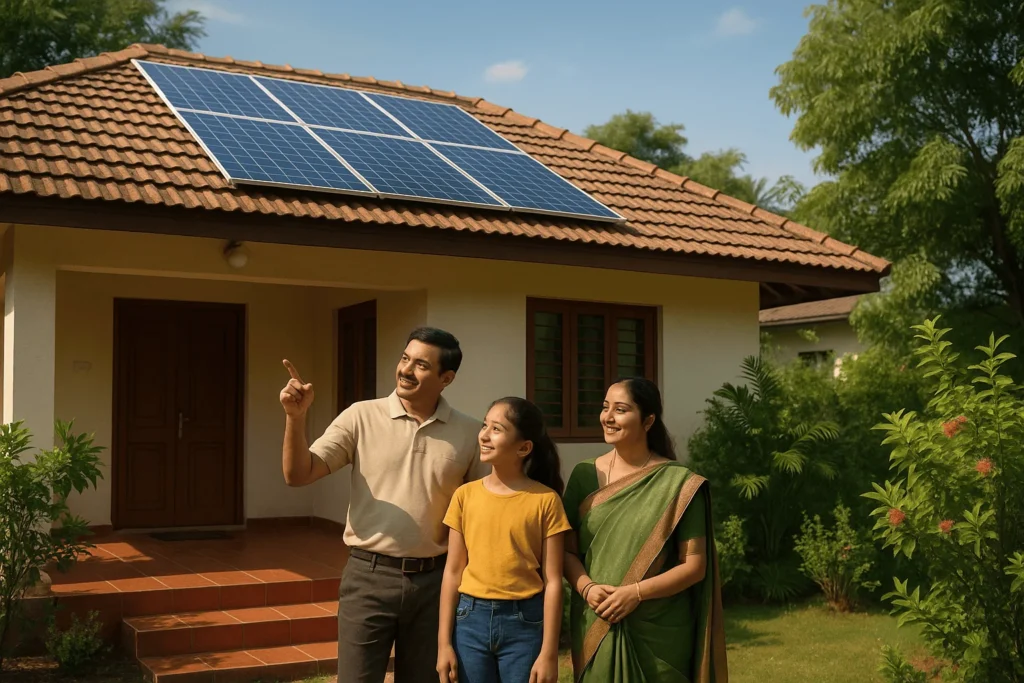
Electricity prices have been climbing for years. Many households and small businesses still face frequent power cuts. On top of that, there’s growing concern about pollution and the damage it’s doing to our health and the environment.
This is why more people today are turning to renewable energy. They’re not just doing it for the environment; they’re doing it because it saves money, reduces dependency on the grid, and offers peace of mind.
At DayLight Solar, we’ve helped hundreds of families and businesses make the switch to clean energy. And in this blog, we’ll show you the real, long-term benefits of renewable energy, without the technical jargon.
What is renewable energy?
In simple words, renewable energy comes from sources that don’t run out, like the sun, wind, or flowing water. Unlike fossil fuels (like coal or diesel), renewable energy doesn’t pollute the air and is available in almost every part of the country.
The main types of renewable energy in India are:
- Solar energy—using sunlight to produce electricity through rooftop solar panels.
- Wind energy—using turbines to convert wind into power.
- Hydropower—using moving water to generate energy.
- Biomass—energy from farm waste or organic material.
Among these, solar energy is the most accessible for homes and small businesses. With good sunlight throughout the year, most parts of India are ideal for solar power systems.
What are the benefits of renewable energy?
Let’s look at the practical reasons why renewable energy is becoming the smarter option, especially for those looking to cut costs and secure long-term value.
You save money every month
One of the biggest benefits of renewable energy, especially solar power, is lower electricity bills. Once you install a solar system, you start generating your own electricity. That means you use less from the grid and pay less to your electricity provider.
For many of our customers, the monthly bill drops by 60–90%. If you’re spending ₹2,000–₹4,000 a month on electricity now, imagine cutting that down to ₹300–₹500.
Check your potential savings:
Use our Solar Calculator
Your system pays for itself in a few years
Installing a solar system is an investment, but not one you wait decades to benefit from. Thanks to government subsidies and financing options, the average system pays for itself in 4–6 years. After that, it’s almost free electricity for the next 20 years.
The economic benefits of renewable energy are real and long-lasting. Whether you run a shop, a clinic, or just want to save at home, this is one upgrade that keeps paying off.
Read more about available subsidies:
Visit the MNRE Website
You’re protected from rising power prices
Electricity rates keep increasing. When you rely only on grid power, you’re always vulnerable to price hikes. With solar, your costs are stable and predictable. Once installed, the sun’s energy is free,and the system lasts 25+ years.
Think of it like locking in your energy rate now instead of renting expensive power forever.
You help reduce pollution and improve health
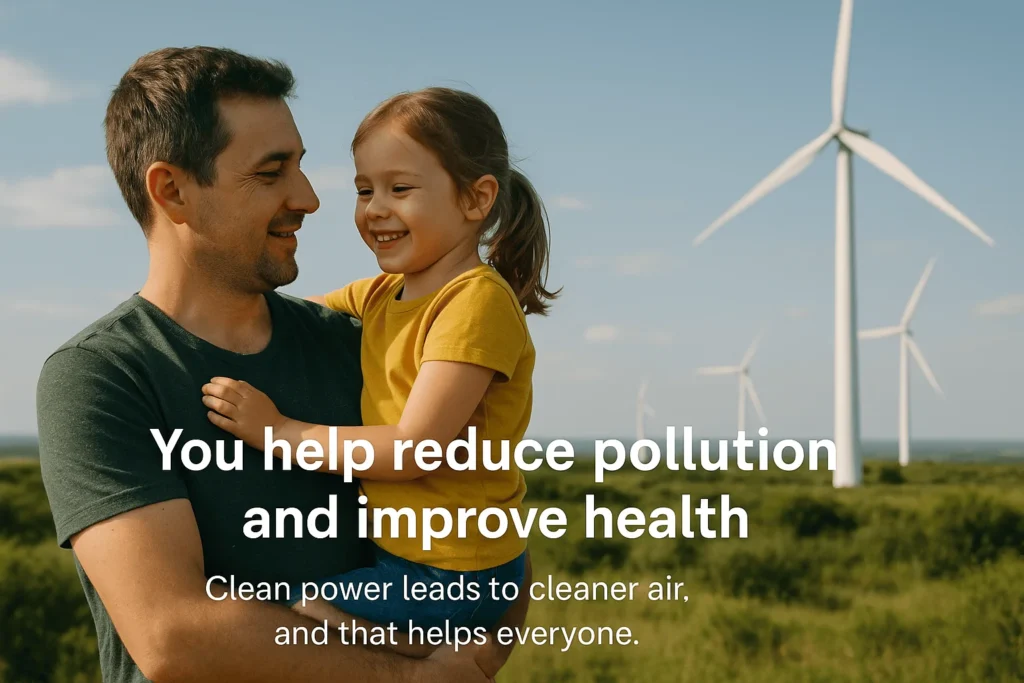
This benefit may not show up on your electricity bill, but it’s just as important.
Coal and diesel-based power plants release harmful gases that pollute the air. These pollutants contribute to asthma, breathing problems, and even heart disease. Renewable energy, on the other hand, doesn’t release harmful emissions. Clean power leads to cleaner air,and that helps everyone.
If you have children or elderly family members, this becomes even more important.
You’re doing your bit for the planet
We all want a better future for the next generation. Using solar or wind power helps cut down carbon emissions and fight climate change. It’s a simple, powerful step that any home or business owner can take to protect our environment.
And it starts right from your rooftop.
The process is simple and stress-free
Here’s what it looks like when you decide to go solar with a company like DayLight Solar:
Step 1: Free site visit
We check your location, sunlight availability, and power needs.
Step 2: Proposal & plan
You get a detailed quote, including the system design, costs, expected savings, and available subsidies.
Step 3: Installation
Our trained team installs the solar panels, wiring, and inverter. It usually takes 2 to 5 days.
Step 4: Go live
Your system is connected to the grid, and you can start tracking your electricity production on your phone.
Want to get started?
Contact us here
What benefits do you see in the long run?
Over time, the benefits of investing in renewable energy become even clearer. Here’s what to expect over 25 years:
| Year Range | What you gain |
| Years 1–5 | Lower bills, subsidy, and system cost recovery |
| Years 6–15 | Free power, more savings, higher property value |
| Years 16–25 | Maximum return, stable power, zero fuel cost |
Solar systems also increase the resale value of your property. Buyers see them as a bonus, knowing they’ll save on power from day one.
Rural and small-town benefits
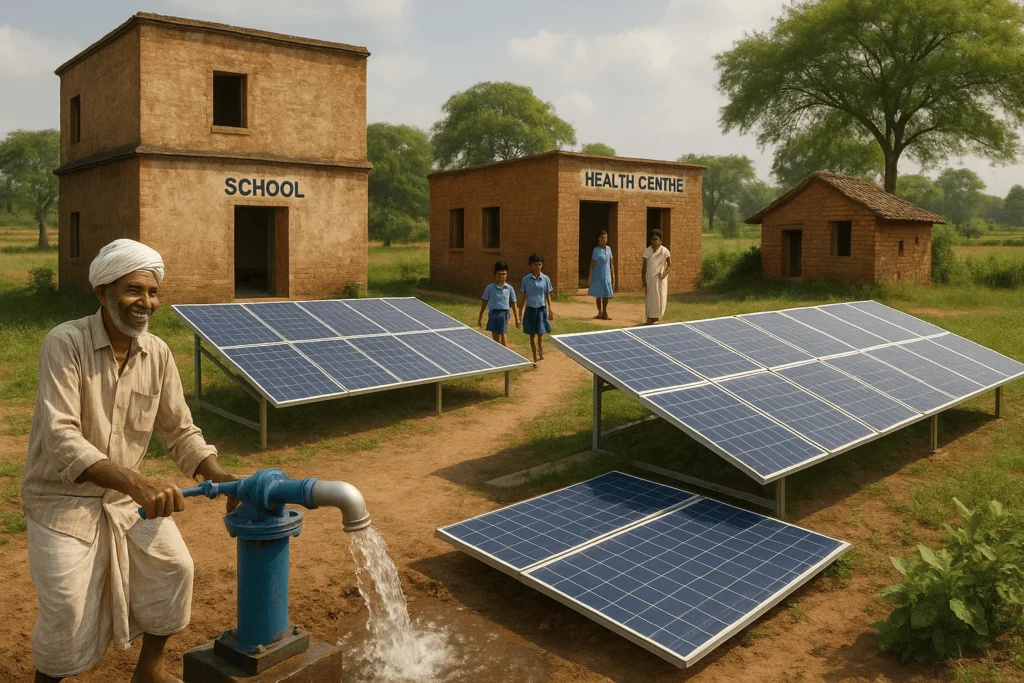
Renewable energy has a major role to play in rural India. Solar panels are now powering water pumps, schools, health centres, and small farms in areas where electricity supply is unreliable or missing altogether.
This leads to better education, cleaner water, and improved health services. It’s not just a tech solution,it’s a life-changing one.
Frequently asked questions
1. What if it’s cloudy or raining?
Solar panels still work during cloudy days or monsoons. They may generate slightly less power, but your system is always connected to the grid to cover the gap.
2. Can I run heavy appliances like AC or motors on solar?
Yes. We size the system based on your usage, so it can support anything from lights to fridges, ACs, and water pumps.
3. What if I generate more power than I use?
Through net metering, any extra electricity goes back to the grid, and you get credit on your bill.
4. Do solar panels need a lot of maintenance?
No. You just need to clean them every few weeks and have a basic yearly check-up. It’s easier than maintaining most home appliances.
5. Can I install solar if I live in a flat?
Yes. If your building allows, common rooftop solar setups can power common areas like lifts, lighting, and security systems.
Final thoughts
If you’re still asking yourself, “Is solar really worth it?”, take a moment to think long-term.
With the economic benefits of renewable energy, you’re not just saving money. You’re gaining control, stability, and peace of mind. You’re protecting your family from rising costs and contributing to a cleaner, healthier India.
Most importantly, you’re investing in something that benefits you, your community, and the next generation.
So why wait?
Let’s get started.
Visit DayLight Solar or reach out for a free consultation and learn what are the benefits of renewable energy.

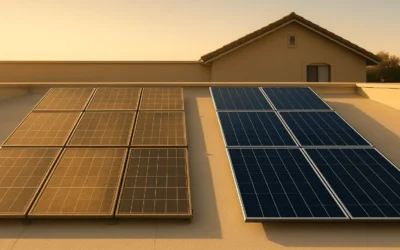
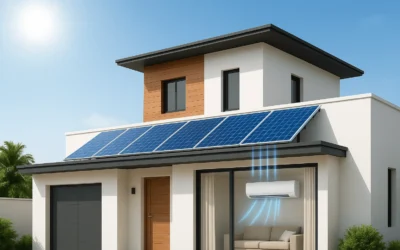
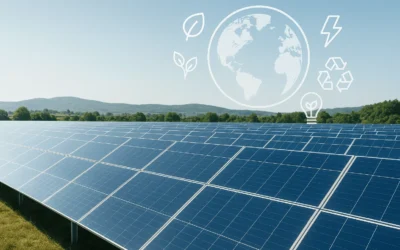
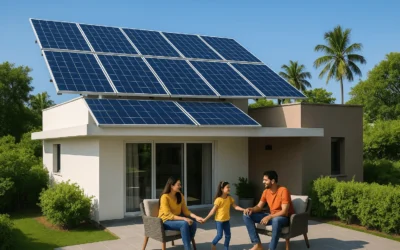
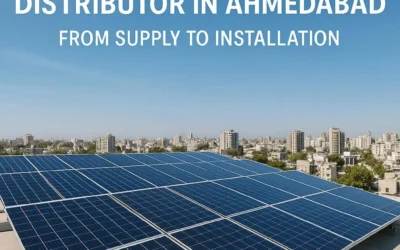
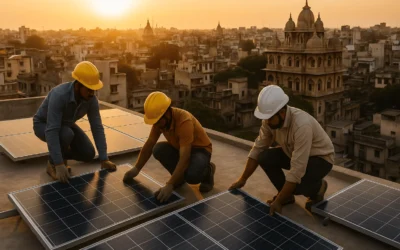
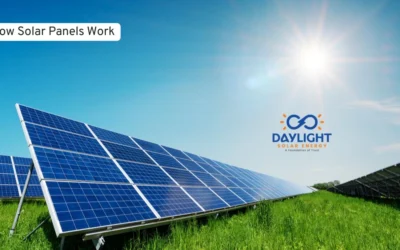
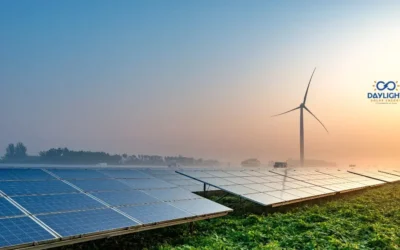
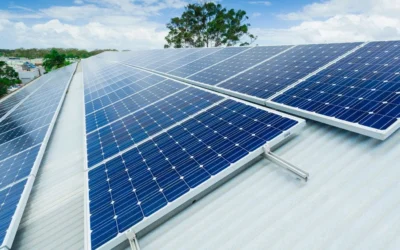
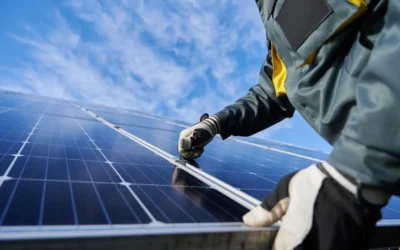
0 Comments